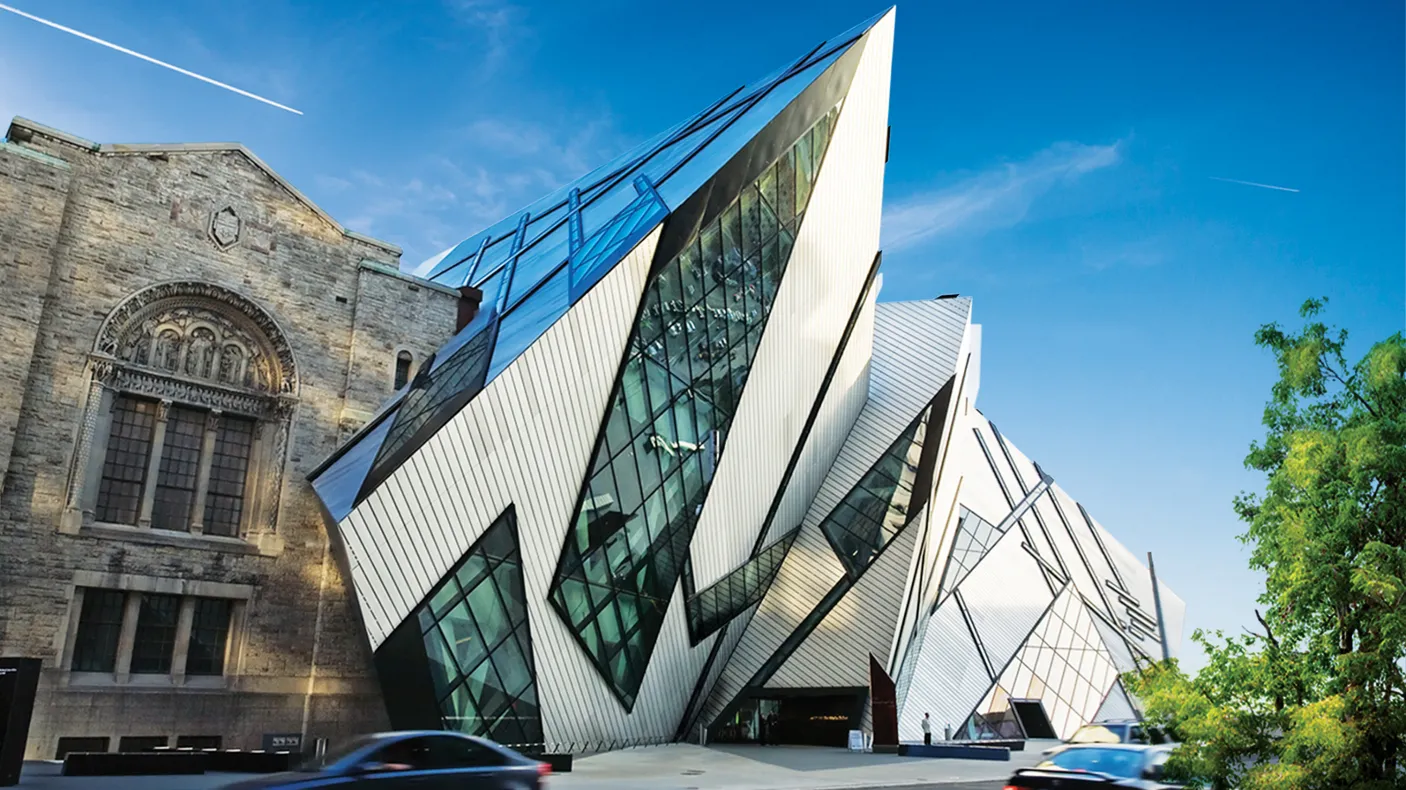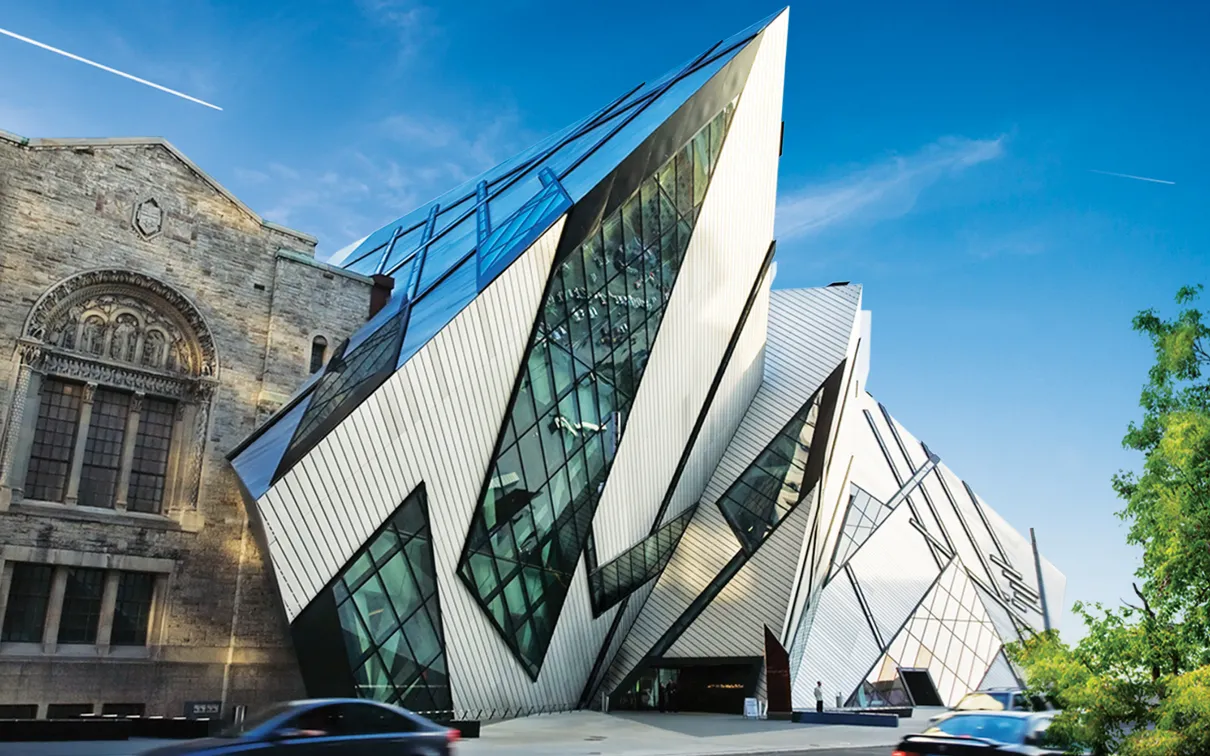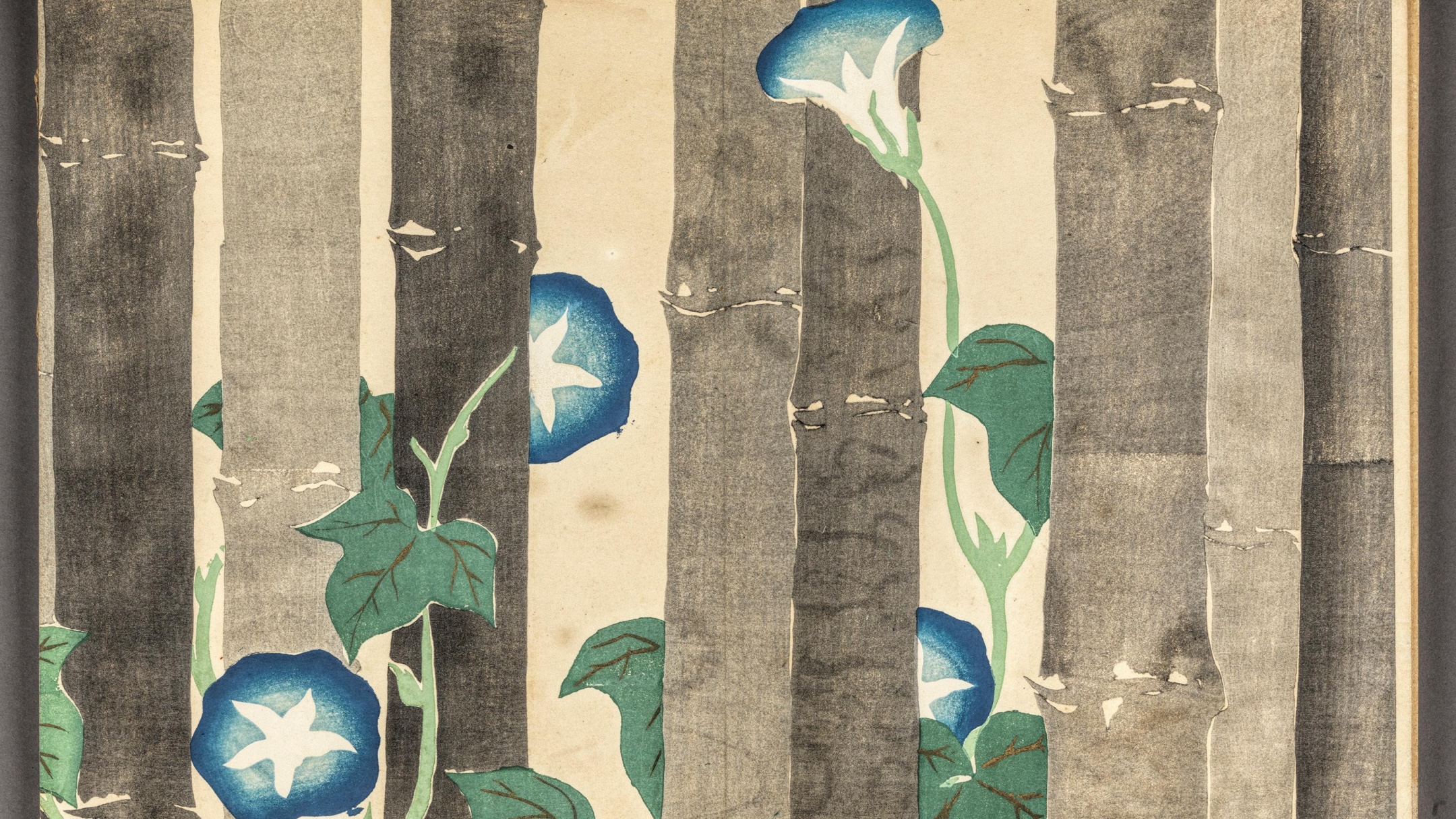ROM to Host Exclusive Exhibition of Photographs by Raghubir Singh
Published
Category
Press Release
TORONTO, June 22, 2018— The Royal Ontario Museum (ROM) will be the final North American and exclusive Canadian venue for Modernism on the Ganges: Raghubir Singh Photographs. Organized by the Metropolitan Museum of Art with the cooperation of Succession Raghubir Singh in Paris, this retrospective presents the visionary works of late photographer Raghubir Singh (1942-1999), who pioneered the use of colour film to document the rapidly changing social, political, and cultural scenes of India from the late 1960s to the 1990s. The exhibition will be on display at the ROM from July 21 to October 21, 2018, following its run at The Met Breuer in New York City and the Museum of Fine Arts, Houston.

Using a handheld camera and colour slide film, Raghubir Singh recorded India’s dense milieu in complex frieze-like compositions, pulsating with opulent colour. His work was influenced by the humanist street photography of Henri Cartier-Bresson (1908–2004), whom he met in Jaipur in 1966, and by the modern cinematic vision of Bengali filmmaker Satyajit Ray (1921–1992). Unique in his approach, Singh worked exclusively in colour, continuing an Indian aesthetic tradition that reaches back to the vibrant court paintings of the Mughal Empire (1526–1857). As he travelled along his own artistic path, Singh forged a distinct style of modern photography—a cultivated amalgam of Western and South Asian modes of picturing the world that stands, as he put it, “on the Ganges side of modernism.”
"This exhibition celebrates a pioneering colour photographer within a global history of photography. It also foregrounds images of India that reject a touristic or ethnographic lens, and embrace complexity," says Dr. Deepali Dewan, Dan Mishra Curator of South Asian Art and Culture at the ROM. "The bold colours and striking compositions of the work bring together Western modernism and South Asian visual modes, allowing us to look at both ordinary and iconic views of rural and urban India with new eyes."
Modernism on the Ganges: Raghubir Singh Photographs will be included with general Museum admission. The ROM will host a slate of associated programming to complement the exhibition. More details to follow.
The exhibition was organized by The Metropolitan Museum of Art with the cooperation of Succession Raghubir Singh.
About Raghubir Singh
Born in Rajasthan, Singh (1942-1999) lived in Hong Kong, Paris, London, and New York, but his lifelong subject was India. He began his career in photojournalism, publishing work in The New York Times Magazine and National Geographic. He would go on to develop his considerable skill as a fine art photographer, focusing on the rich and vibrant street life of India. Singh's dramatic use of colour and complex compositions combines elements of Western modernism and traditional South Asian art to tell powerful stories about India’s people and landscapes. His masterful use of Kodachrome film and flash sets Singh apart from photographers of that era, most of whom favoured black and white photography. His adoption of fine-grained 35mm slide film allowed Singh to create images of vivid yet naturalistic chromatic profile. Working with labs in Paris and New York, Singh’s meticulous control over the printing of his images led to a signature body of work that helped usher in the modern era of fine art colour photography.
About the ROM
Founded in 1914, the Royal Ontario Museum showcases art, culture, and nature from around the world and across the ages. Among the top 10 cultural institutions in North America, Canada’s largest and most comprehensive museum is home to a world-class collection of 13 million artworks, cultural objects, and natural history specimens, featured in 40 gallery and exhibition spaces. As the country’s preeminent field research institute and an international leader in new discoveries, the ROM plays a vital role in advancing our understanding of the artistic, cultural, and natural world. Combining its original heritage architecture with the contemporary Daniel Libeskind-designed Michael Lee-Chin Crystal, the ROM serves as a national landmark, and a dynamic cultural destination in the heart of Toronto for all to enjoy.
-30-
Media Contact
Sally Tindal, Communications
416.586.5858
stindal@rom.on.ca
Amanda Fruci, Communications
416.586.5558
amandaf@rom.on.ca


